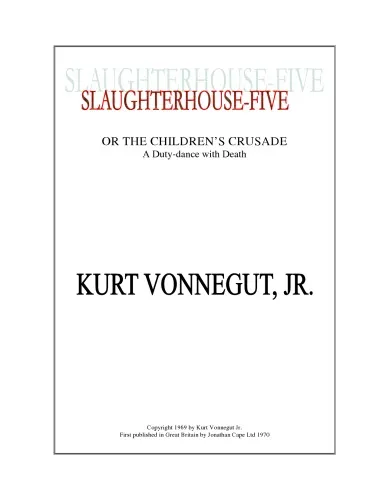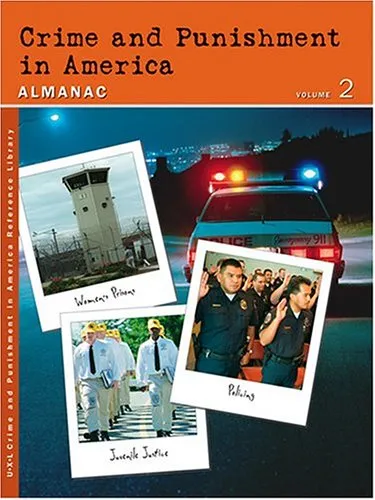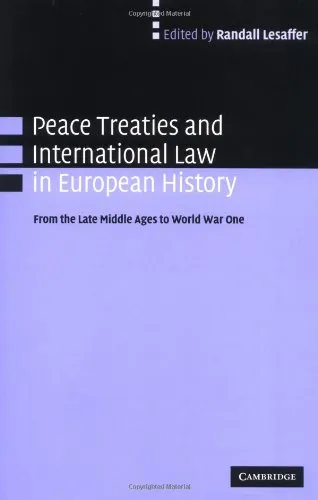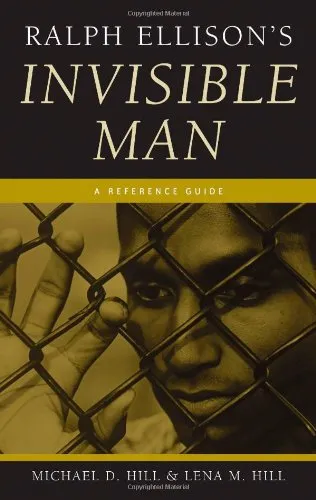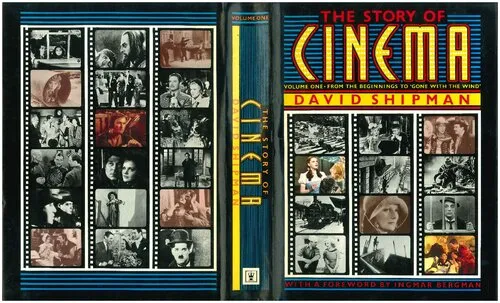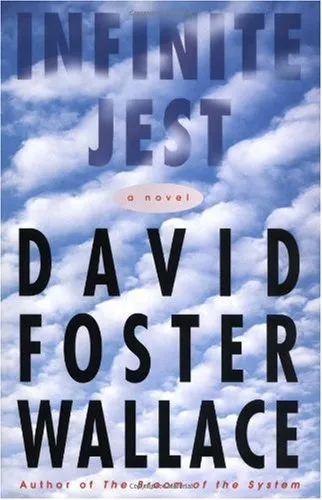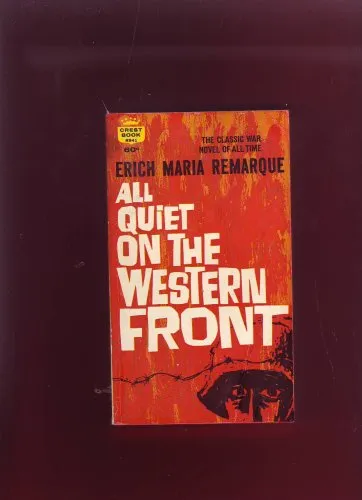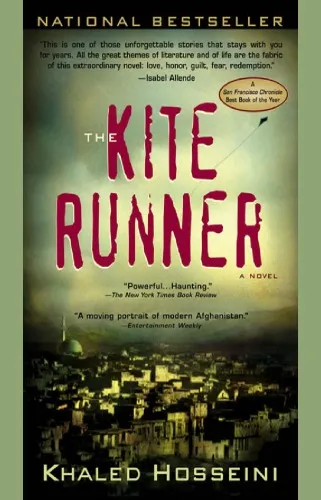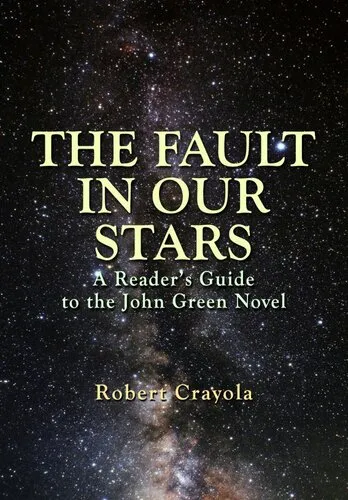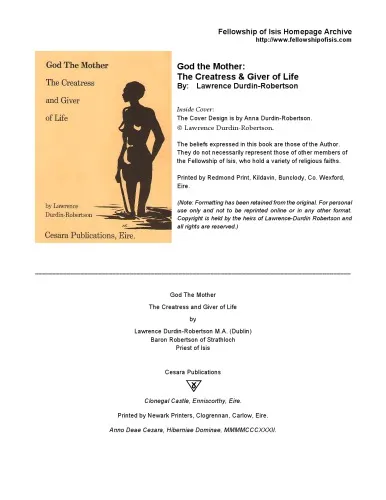Slaughterhouse-Five
4.1
Reviews from our users

You Can Ask your questions from this book's AI after Login
Each download or ask from book AI costs 2 points. To earn more free points, please visit the Points Guide Page and complete some valuable actions.Related Refrences:
Introduction to Slaughterhouse-Five
Welcome to the world of Slaughterhouse-Five, a seminal work by Kurt Vonnegut that defies conventional narrative structures to explore the existential questions of time, fate, and free will, particularly within the context of war and human suffering.
Detailed Summary of the Book
Published in 1969, Slaughterhouse-Five is an anti-war novel that combines elements of science fiction, autobiography, and satire. At its core is Billy Pilgrim, an optometrist who becomes "unstuck in time" after being captured by the Germans during World War II. The novel mainly chronicles Billy's experiences as a prisoner of war, leading up to the firebombing of Dresden—a tragic event Vonnegut himself witnessed as a POW.
Vonnegut intertwines science fiction by introducing the alien race known as the Tralfamadorians, who perceive time as a fluid entity rather than a linear progression. This allows Billy to experience moments of his life out of order and repeatedly visit certain moments, much like the novel's circular narrative. Through this, Vonnegut explores themes of predestination and free will, forcing readers to confront the inevitability of death and the often arbitrary nature of human existence.
Key Takeaways
1. The Absurdity of War: Vonnegut's portrayal of war, particularly through the Dresden bombing, highlights the senseless destruction and moral ambiguity inherent in such conflicts.
2. Time and Free Will: By presenting time as nonlinear, Vonnegut challenges traditional notions of chronology and autonomy, questioning whether individuals can truly control their destinies.
3. Trauma and Memory: The non-sequential narrative mimics the fragmented nature of memory, especially as it relates to trauma, reflecting the mental state of both Billy and soldiers like him.
Famous Quotes from the Book
"All this happened, more or less."
This opening line sets the tone for the novel's exploration of truth and fiction, blurring the lines between reality and narrative storytelling.
"So it goes."
This repeated phrase serves as a stoic acceptance of mortality and disaster, appearing after mentions of death and destruction throughout the novel.
"Everything was beautiful, and nothing hurt."
This epitaph encapsulates the dichotomy of human experience—beauty and suffering, both unavoidable.
Why This Book Matters
Slaughterhouse-Five remains a cornerstone of 20th-century literature for its innovative style and profound commentary on human nature. Vonnegut's unique blend of dark humor and profound seriousness offers readers a lens through which to examine their own views on life and death. By utilizing science fiction elements to tackle heavy philosophical questions, Vonnegut ensures the novel's relevance across generations, making it a timeless study of the human condition amidst the chaos of war. Its narrative techniques and thematic depth invite reflection and discourse, ensuring that Slaughterhouse-Five occupies a pivotal position in literary studies and cultural discussions alike.
Free Direct Download
You Can Download this book after Login
Accessing books through legal platforms and public libraries not only supports the rights of authors and publishers but also contributes to the sustainability of reading culture. Before downloading, please take a moment to consider these options.
Find this book on other platforms:
WorldCat helps you find books in libraries worldwide.
See ratings, reviews, and discussions on Goodreads.
Find and buy rare or used books on AbeBooks.
1429
بازدید4.1
امتیاز0
نظر98%
رضایتReviews:
4.1
Based on 0 users review
Questions & Answers
Ask questions about this book or help others by answering
No questions yet. Be the first to ask!
